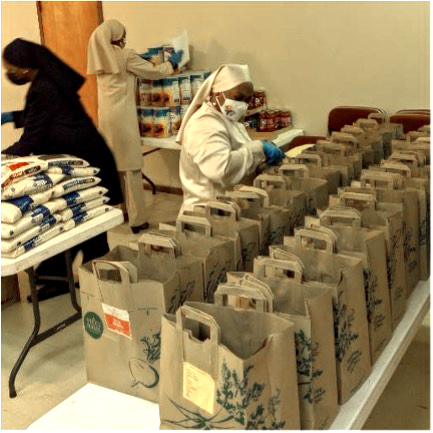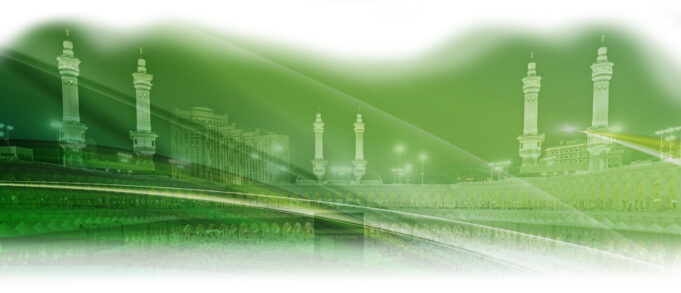More than two billion Muslims around the world are anxiously awaiting the celebration of Ramadan, the ninth month of the lunar calendar. This year Ramadan is tentatively scheduled to start the evening of April 2 with the first day of fasting April 3. The month officially starts with the sighting of the new crescent moon. Muslims fast from food and drink from sunup to sundown for 30 days during this month.
For the past two years Ramadan has looked very different with Muslims sheltering in place and forgoing their usual festive gatherings instead finding ways to worship at home with family.
“In Hadith Qudsi, Allah says fasting is mine. I pray to Allah that we all benefited from being in our homes to know that Allah is watching us at all times. Our fasting belongs to Allah,” Imam Sultan Rahman Muhammad, Student National Imam at Mosque Maryam told The Final Call.

“The lesson learned during this time also is that we must not take for granted the life that we have. We saw many martyrs pass away due to the coronavirus. This hurt many of our hearts to this day. To lose our friends, to lose our brothers, our sisters in our communities, this martyrdom that they represented should be a sign for us of the value of life,” he added.
Ramadan starts earlier each year by approximately 11 days because the lunar Islamic calendar follows the phases of the moon. Muslims believe that in A.D. 610, the angel Jibril appeared to Prophet Muhammad, peace and blessings be upon him, and revealed the Qur’an, the Islamic book of scripture.
Revelation happened on Laylat Al Qadar or the “Night of Power” during Ramadan. Muslims commemorate God’s revelation during this month by praying and reciting the Qur’an. They strive to be better Muslims by not gossiping, lying, fighting or arguing.
Fasting from sunup to sundown is obligatory for Muslims, except for the sick, pregnant, nursing women, traveling, elderly, or menstruating. If you miss a day of fasting, it can be made up throughout the rest of the year, either all at once or one day here and there. The fast is not meant to be a hardship.
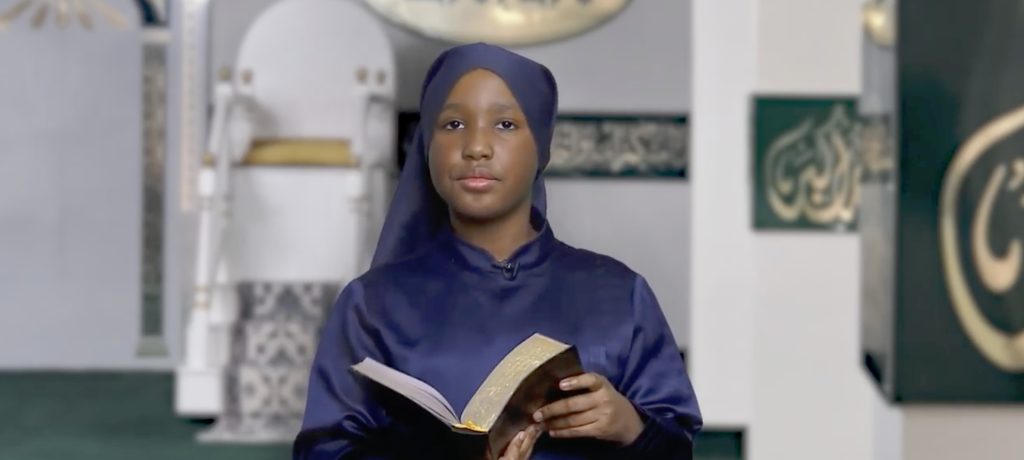
Muslims eat a pre-dawn meal called suhoor, usually before the first prayer of the day, fajr. The evening meal, iftar, is eaten after the sunset prayer, Maghrib, is done. The fast is often broken with dates and a glass of water, just as Prophet Muhammad, peace and blessings, did.
This Ramadan, while coronavirus rates are going down, the war in Ukraine has Muslims concerned about geopolitics. Islam is a minority religion in the Ukraine. The faith’s history in that part of the world goes back to the establishment of the Crimean Khanate in the 15th century.
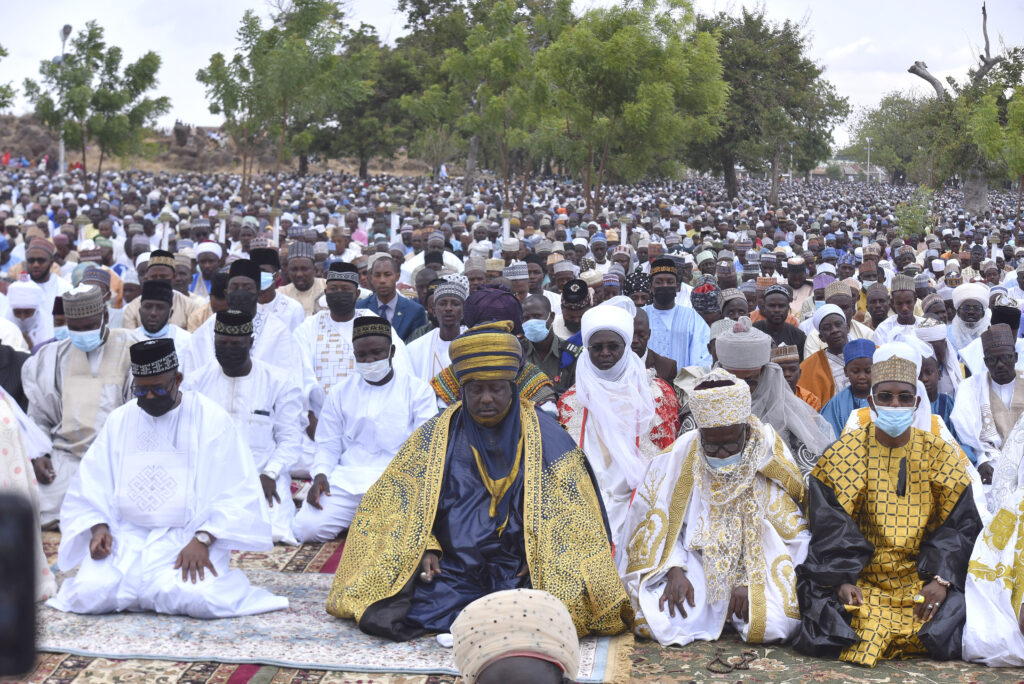
“For many Ramadan is a time of great uncertainty in the Muslim world, and great uncertainty in the world,” Abdul Akbar Muhammad, International Representative of the Nation of Islam, told The Final Call. “It definitely cannot be Ramadan as we know it because of the suffering of so many people. We have to pray that God would give us peace and would save the lives of the people who are suffering from bombing in these horrible, horrific attacks on cities. I’m not a politician. There’s some deep seated reason why people would be attacked or the country would be taken over by another country.
“For Muslims, Ramadan is a time of peace. Muslims are strengthening their resolve to make the fast from sun up to sundown. This is what we know Ramadan to be about. We ask our Lord to bless our families and our loved ones, and those who are sick and burdened by anything. We ask Allah (God) to bless us to be charitable during Ramadan to give to those who don’t have, and to comfort the sick, those that are shut in and to stand by those who have lost family members during the plague.”
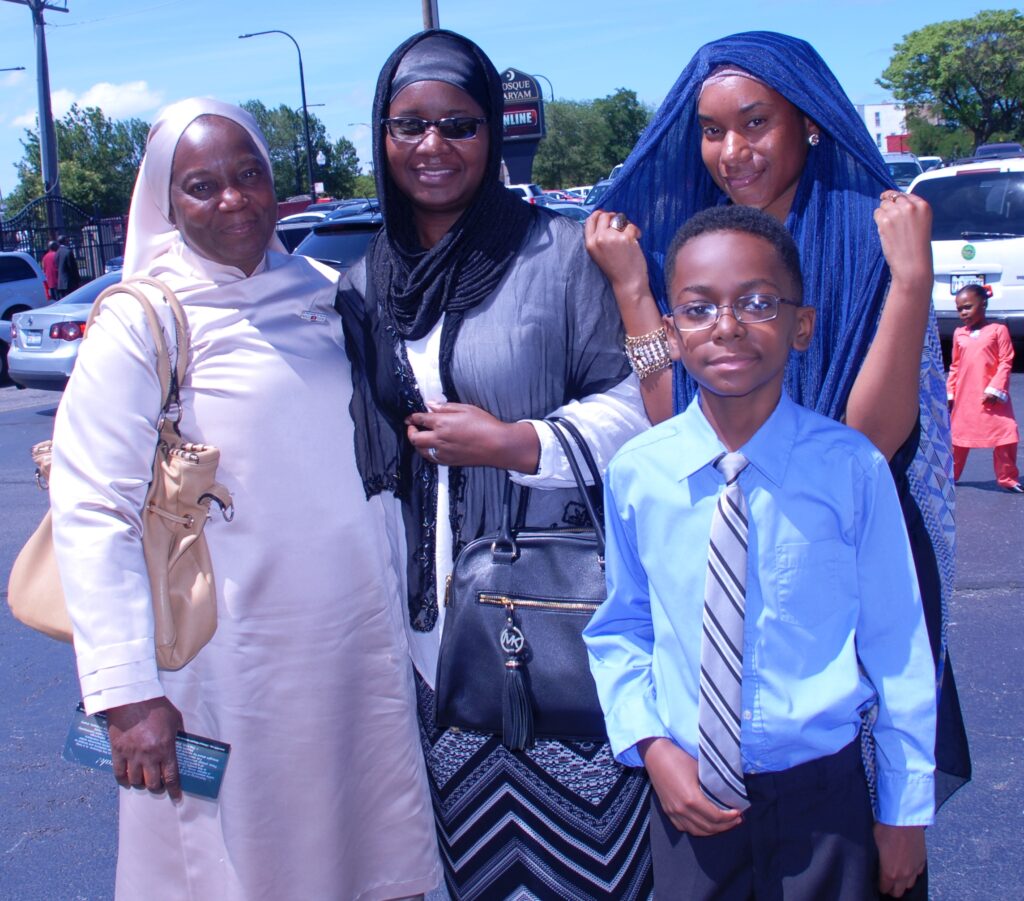
He added, “Ramadan means that to Muslims and Muslims are praying for peace in the world. We are praying for families that are troubled, and we are doing it at a time of greater uncertainty. We are concerned about other Muslim refugees who have suffered throughout the world and pray that Muslim refugees get the same treatment as the Ukrainians, since what we’ve seen so far has not been fair and just. The Ukrainians are White and are getting international preferential treatment.”
With war in the Ukraine, the Middle East is also on edge because this year, Ramadan, Easter and Passover will be celebrated during the same month. This uniqueness happens once every 10 years.
The weeklong Passover starts April 15, the Catholic and Protestant Easter is celebrated on April 17 and, finally, the Orthodox Easter on April 24.

Secretary of State Tony Blinken is expected to travel to the Middle East after he joins President Biden’s trip to Brussels and Poland.
Jordan’s King Abdullah will visit Ramallah before Ramadan for the first time in nearly five years as Amman increases its attempts to minimize tensions between Israelis and Palestinians as significant holidays approach.
“We agreed that we must work together to calm tensions and promote understanding, particularly in the lead-up to the month of Ramadan and Passover,” Jordanian Foreign Minister Yair Lapid said in a statement.
This Ramadan, many communities are cautiously adding a little normalcy to their celebrations after sheltering in place during the Covid-19 pandemic.
Instead of the usual breaking of the fast (iftars) at the masjids with prayers and meals, many masjids are offering drivebys where families can pick up meals to end their nightly fasts while remaining socially distant. Some communities are offering a combination of the two with weekday drivebys and weekend in-person gatherings.
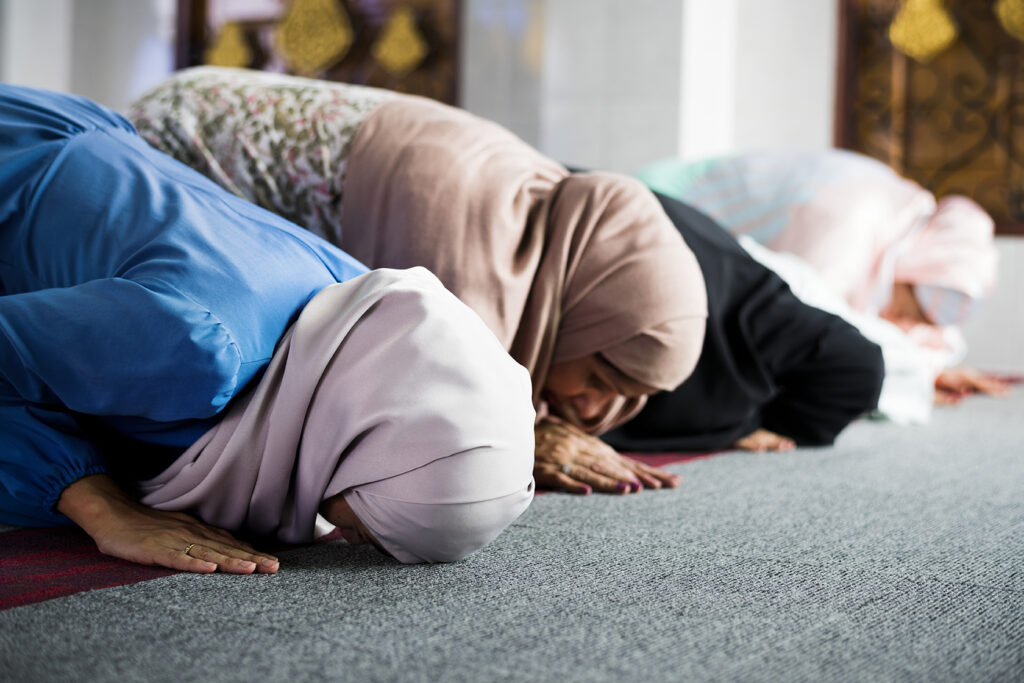
At Muhammad University of Islam in Washington, D.C., the teachers are organizing a Ramadan Door Decorating Contest to engage families in the holiday spirit.
“We are so excited to have our first door decorating contest,” elementary teacher Saabirah Muhammad told The Final Call. “This project involves the whole family in decorating any door in their house. We want to see the creativity, the craftmanship, the originality and how complete the door can look. We want to see the visual impact of the door. We want to see how families discuss Ramadan and reflect that in an art project on their doors.”
“We will have prizes for our preschool level, elementary level, middle school and high school levels. We want our students to understand arts and culture that demonstrate the beauty of Islam. we are so excited about this project. Many families used to decorate their homes for other holidays and with Islam they can do the same. This contest is just an example of what families can do to express Ramadan throughout their home.”
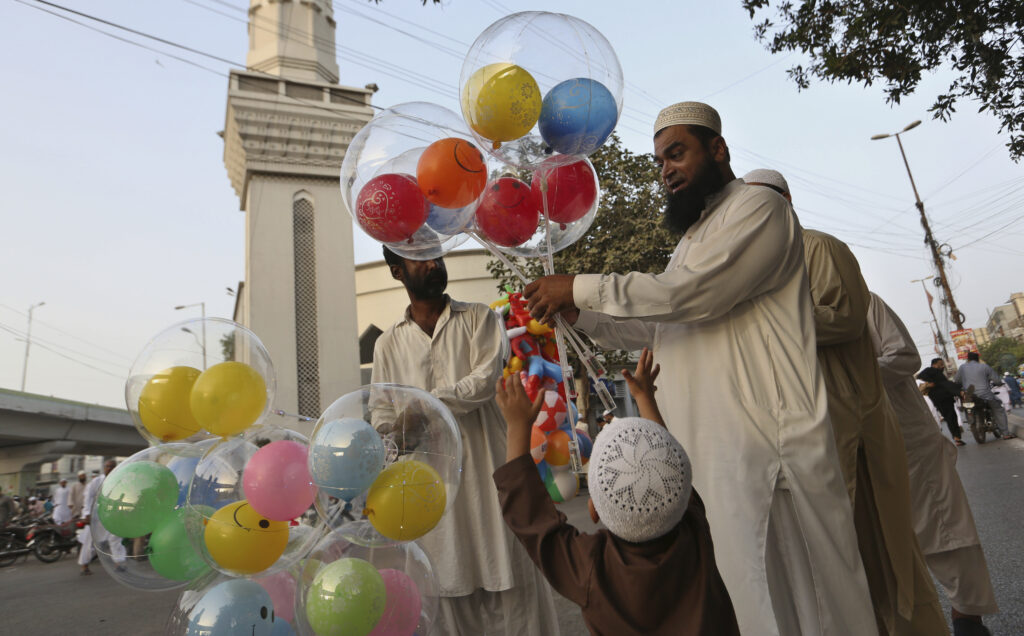
A staple of Ramadan for over a decade has become the daily morning call for Believers all around the world. Thousands call the Ramadan PrayerLine at 5 a.m. Eastern time to be inspired by a variety of speakers representing different communities that empower listeners to begin their fast with purpose and intentions.
Speakers include the Honorable Minister Louis Farrakhan, Imam Siraj Wahhaj, Imam Zaid Shakir, Dr. Aminah Al Deen and Ustadha Ieasha Prime.
“This Ramadan will be very special,” Student Minister Mutthakir Muhammad told The Final Call. “Once again we have the Honorable Minister Louis Farrakhan as our opening speaker. This is the one place where you can hear the unity of Black Muslim communities during Ramadan.”
Ramadan is scheduled to end May 2 with Eid al-Fitr celebrations, the “festival of breaking the fast.” It starts with communal prayers at daybreak. Some communities previously offered three days of festivities, with prayers, lots of food, gitfs exchanges and visiting family and friends. The pandemic changed all of that. This year may see some areas returning to new versions of these events.
